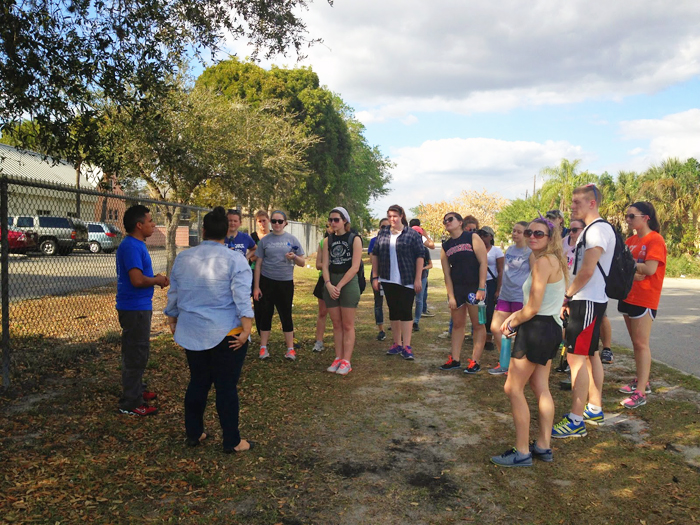
By Duke Staff
Just as Hollywood loves La La Land because it’s about Hollywood, journalists, consciously or unconsciously, dwell on journalistic issues. We ask that you, The Duke’s reading public, bear with us as we talk about a journalist problem (that could soon become your problem, too).
The United States loves to pride itself on its freedoms. The Bill of Rights even enumerates some of our most valued and important freedoms, including freedom of the press. However, in practice, there aren’t actually that many legal protections for journalists in the U.S., and under the incoming administration of President Donald Trump, this could become a problem for American media.
For example, U.S. journalists rely on government agencies willingly sharing information with the press. Once you take into account the exemptions to the Freedom of Information Act, there are few documents that the press can demand from the government. FOIA requests also take a significant amount of time and resources. That leaves journalists beholden to the openness of government communications departments.
The Trump administration has imposed a temporary media blackout on the Environmental Protection Agency and the Department of Health and Human Services, according to the the New York Times. Although a senior EPA official said that the blackout is fairly normal to expect when there is a change in leadership, it still raises concerns about how much cooperation there will be between the new administration and the media.
During his campaign, Trump revoked press credentials of more than a dozen news agencies, including The Washington Post. While he eventually reversed his position, Trump made it clear that he does not tolerate criticism from the media. While no president has ever removed a journalist from the White House Press Corps as retaliation against that journalist’s news agency, if there’s one thing Trump has shown us, it’s that he’s not afraid to do the unprecedented.
As this issue goes to print, there are six journalists facing felony charges for simply covering the riots and protests that happened in Washington, D.C. after Trump’s inauguration. Additionally, whistleblowers such as Chelsea Manning and Edward Snowden have few legal protections when they take their information to the press, and journalists have no legal right to protect anonymous sources.
We need hardworking and diligent journalists who are willing to take on the challenges this new administration raises. This is why we at The Duke implore our readers to subscribe to at least one respected news agency, such as The New York Times. These outlets offer great discounts, and if you subscribe, you’ll have the satisfaction of knowing that your dollars are supporting the pursuit of real facts (not the alternative kind).




